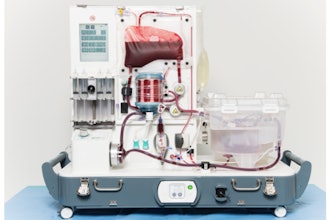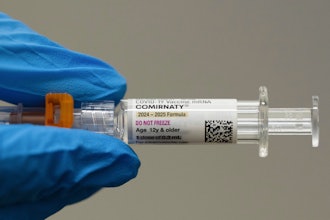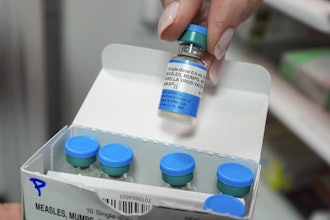
President Joe Biden is sending his administration’s first national drug control strategy to Congress as the U.S. overdose death toll hit a new record of nearly 107,000 during the past 12 months.
The strategy, released Thursday, is the first national plan to prioritize what's known as harm reduction, said White House drug czar Dr. Rahul Gupta. That means it focuses on preventing death and illness in drug users while trying to engage them in care and treatment.
The strategy calls for changes in state laws and policies to support the expansion of harm reduction.
“All too often, these drugs wind up in communities where naloxone isn’t readily available,” Gupta said Wednesday, referring to the medication that can revive users who have overdosed, “where harm reduction services are restricted or underfunded, where there are unacceptable barriers to treatment.”
The American Medical Association has advocated for naloxone to be made available over the counter. Test strips that prevent overdoses by checking drugs for fentanyl and clean syringe programs are other examples of harm reduction.
Harm reduction prevents overdoses, reduces the transmission of infectious diseases and "as declared in a recent congressional commission report, it has bipartisan support,” Gupta said.
The first physician to head the Office of National Drug Control Policy, Gupta will oversee the strategy, which also includes:
— Targeting the financial activities of transnational criminal organizations that manufacture and traffic illicit drugs in the United States.
— Reducing the supply of illicit drugs smuggled across U.S. borders.
— Improving data systems and research that guide drug policy.
— Making sure the people most in danger of overdose can get evidence-based treatments, including people experiencing homelessness and those in prison or jail.
“Everyone who wants treatment should be able to get it,” Gupta said.






















